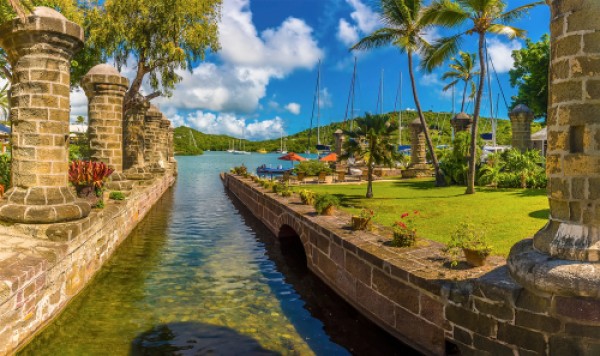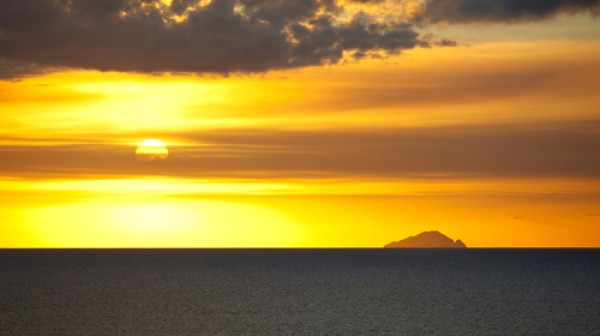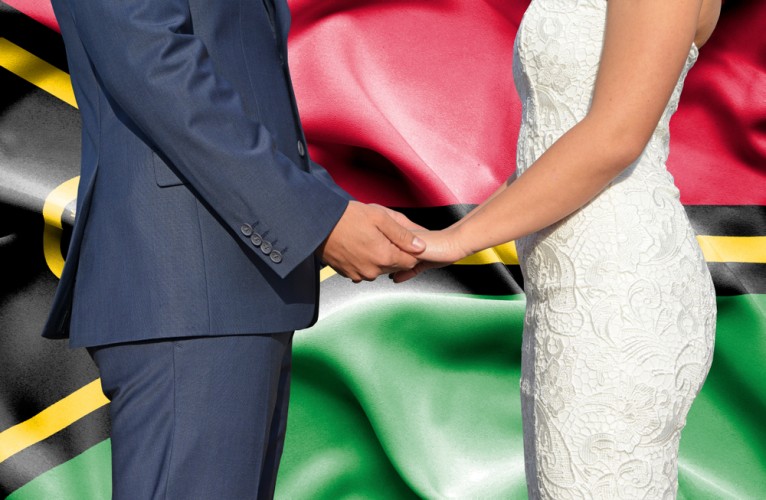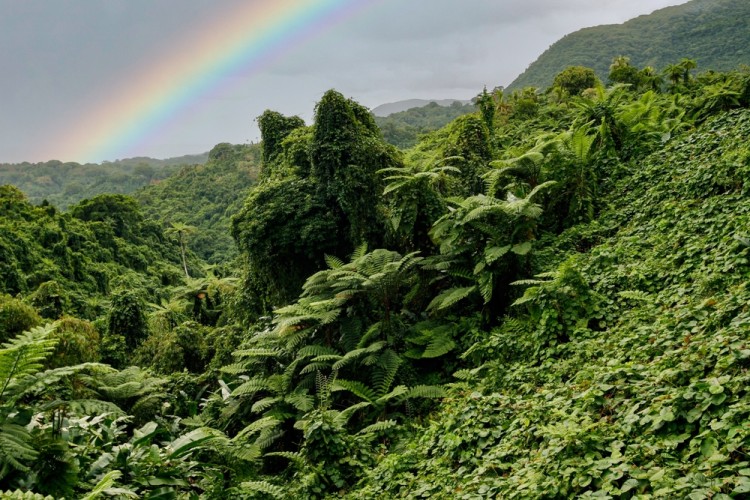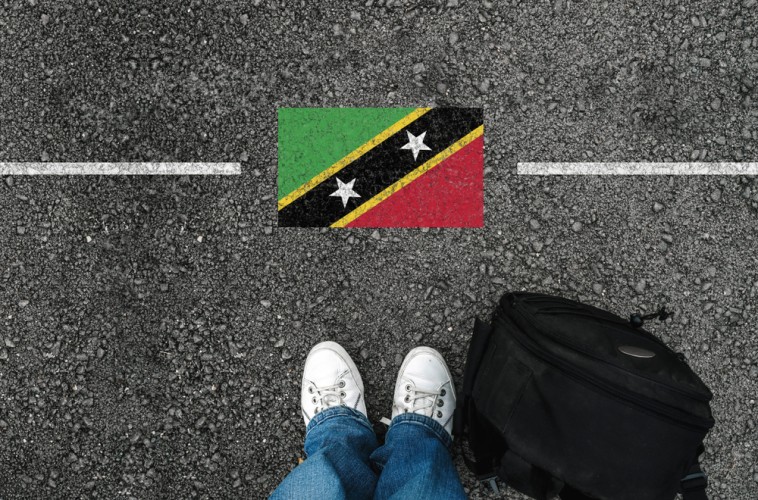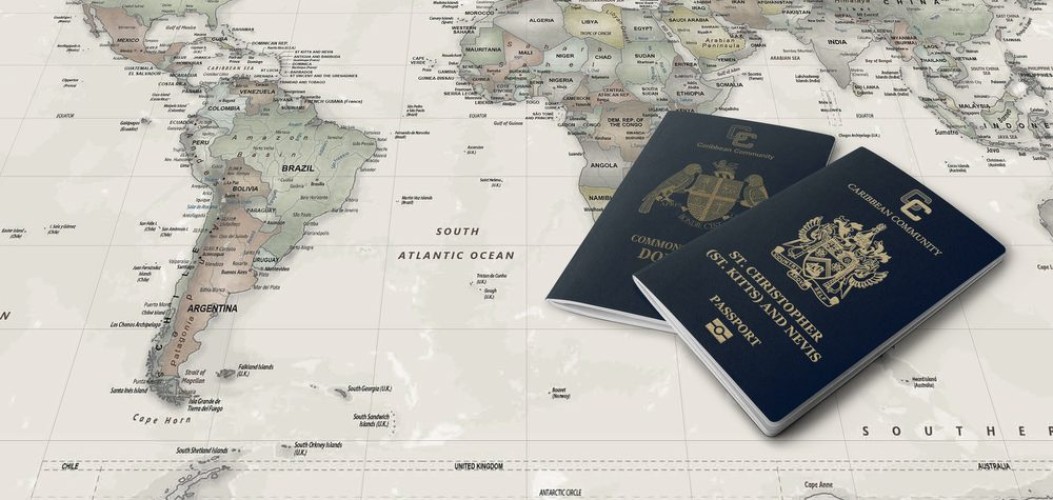The islands of Antigua and Barbuda, nestled in the heart of the Caribbean Sea, are home to just over 100,000 people—but they draw visitors from around the world with their pristine white-sand beaches and crystal-clear turquoise waters. This tropical paradise is known for its laid-back atmosphere and sense of serenity. Yet, as with any travel destination, many prospective tourists ask a practical and important question: How safe is it to visit Antigua and Barbuda, and should one be concerned about crime? In this article, we’ll take a closer look at the safety situation on the islands and what travelers should know before booking their trip.
Overview of safety in Antigua and Barbuda
The exotic islands enjoy a reputation as a safe destination for tourists, where the crime rate is at a low level compared to the rest of the Caribbean States. An additional advantage is the widespread use of English.
However, even in such a well-maintained place, as in any tourist center, it is necessary to remember the basic rules of safety. Do it considered. You should not provoke an increase in crime. Be attentive to your surroundings, do not lose your vigilance, and avoid walking solo, especially at night. Before visiting public places, limit alcohol consumption, as this may reduce your ability to adequately assess the situation. It is important to remember that careless behavior of tourists can provoke criminal acts. The following types of crime are observed in the country:
- Pocket thefts: This is the most common type of crime, particularly in crowded areas. Attackers choose victims on beaches, in markets, and on public transportation. This problem is especially relevant in tourist areas and markets, where foreign tourists often carry large amounts of cash. It is recommended to avoid keeping a wallet in the back pocket of trousers.
- Armed robberies: Economic factors such as unemployment and low incomes of the population contribute to the commission of crimes for the purpose of quick enrichment.
- Drug trafficking: There is a drug-related problem in the country due to the demand from tourists who purchase illegal substances to enhance the experience. The geographical location of the country facilitates the transit of drugs from South America to North America and Europe, which is the cause of crime.
Crime prevention is our common task. Participate in the eradication of crime. Do not allow violence. Be attentive to suspicious situations and report them to the police. Respect local laws and traditions to prevent conflicts and show respect for culture. Everyone can say no to criminal manifestations and an increase in crime.
Crime statistics and trends
Despite the fact that official sources speak about relative security in the resort area, and the Australian Ministry of Foreign Affairs determines the crime rate as average, this is comparable to the top states. The US State Department has assigned the country the second crime threat level crime. This data confirms that about 10–15 murders and more than a thousand thefts and robberies are registered annually. In addition, sex trafficking cases are being investigated. The Numbeo survey shows a higher level of security than in some major cities in the United States and Europe, but this does not negate the need to be careful. You can track and compare the actual statistics of reported crimes based on data from national statistical services for 2023 per 100,000 population:
| Country | Murders | Robberies | Rapes | Crimes with cards/accounts | Overall Security Index |
| Antigua and Barbuda | 15.0 | 75.2 | 28.5 | 45.8 | 62.5 |
| Switzerland | 0.5 | 8.1 | 7.3 | 12.4 | 88.7 |
| Singapore | 0.2 | 4.5 | 2.1 | 8.9 | 91.2 |
| Iceland | 0.9 | 6.8 | 10.5 | 15.7 | 85.9 |
| New Zealand | 1.3 | 12.3 | 15.8 | 22.6 | 82.4 |
Safety in tourist areas and accommodations
Many people like the isolated Caribbean destination. This destination is famous for its magnificent beaches. In Antigua and Barbuda, you can take amazing photos against the turquoise sea. There are convenient harbors for yachts. Due to its low crime rate, it is considered one of the safest resort areas in the world for tourists and expats. Regardless of the type of recreation, it is necessary to adhere to basic safety rules.
Homicide is a rarity. But petty another crime option is petty theft, which is rampant, especially in popular tourist destinations such as beaches and urban centers. The carelessness of vacationers who dream of a vacation makes them vulnerable: they lose their vigilance and do not notice potential thieves. The best way to avoid trouble is to keep valuables in a safe place, such as a hotel safe. Crime is under control. Although the overall crime situation is not critical, tourists lose a lot of jewelry every year, simply forgetting about safety when they go to the beach or swim.
For your safety: avoid using ATMs in the dark, especially in sparsely populated areas. Criminals can ambush tourists near ATMs. Before each walk, be sure to check the security of the locks on the doors and windows of your home. Crime is not dormant. Pays special attention to tourists. Consider using a security system for additional protection against unwanted visitors. Expats are well acquainted with such situations. Those who have moved to live in another country recommend being careful about scams in local markets. A visit to a store with things or fruits is a risk of financial loss. Don’t believe promises to buy “branded” items for next to nothing, and make sure that the seller has all the necessary permits.
Health and medical considerations
Tourists planning a route to the islands need to take into account the specifics of the local health system to ensure their own safety. Ignorance of these precautions often leads to health problems. In Antigua and Barbuda, there are both public and private medical institutions offering advisory and treatment at affordable prices. The rate is regulated by law. Public clinics provide basic care, while private clinics provide a wider range of services and modern equipment.
Medical services
Travelers are strongly advised to take care of their safety. Everyone should take care of themselves and take action. Tourists should get medical insurance, which will cover the cost of treatment. It is especially important to have insurance in case of minor injuries or sudden illnesses.
There is a small clinic in Barbuda. If a complicated operation is required, transportation to hospitals on neighboring islands and even to the United States may be necessary. The rates of medical care in the island State differs from the common standards. In case of serious health incidents, evacuation should always be considered.
Chronic diseases
Diabetes and hypertension are common health problems among tourists in Antigua and Barbuda. Poor nutrition and lack of physical activity are key contributing factors. Doctors recommend doing (take) exercises in the morning and 5 minutes of exercise at a convenient time. A hot climate can pose additional difficulties for people with chronic diseases, so it is better to take active steps in advance to maintain well-being and control over their condition during the trip. Expats traveling to Antigua and Barbuda are strongly advised to consult a doctor in advance for advice on necessary vaccinations and preventive measures. In most cases, vaccination against hepatitis A and B, also tetanus, is generally recommended. Following these recommendations will minimize the risk of contracting various diseases.
Natural factors
In Antigua and Barbuda, due to the tropical climate, there is a risk of contracting diseases carried by mosquitoes, including Dengue fever, Chikungunya and Zika virus. In 2016, there was an outbreak of the Zika virus on the islands, which was especially worrying for expectant mothers. In addition, Antigua and Barbuda are famous for their 365 golden and pinkish sand beaches. However, the bright tropical sun can be dangerous for the skin, causing burns that are compared to thermal burns. To protect yourself from the sun, it is recommended to use sunscreen with a high protection factor, wear a hat, and use sunglasses. It is also important to maintain a proper water balance by drinking enough fluids to avoid dehydration and heatstroke, especially in hot weather. Neglecting these precautions can lead to serious health problems, such as sunburn or heatstroke.
Natural hazards and weather-related risks
Foreign tourists need to take into account the peculiarities of the climate and conditions of stay, since ignorance or ignoring territorial nuances leads to trouble. In addition, they strictly follow safety crime and are vigilant to avoid criminal attacks. Foresight and risk minimization will help you spend your vacation days abroad comfortably and safely.
Antigua and Barbuda, a Caribbean Island nation, is at high risk of natural disasters, especially hurricanes. During the period from June to November, when the hurricane season is most active, special care must be taken. The devastating effects of Hurricane Irma in 2017 almost destroyed the island of Barbuda. Hurricane Luis in 1995, which caused massive flooding, serves as a stark reminder of this threat. The natural disaster damaged many buildings.
To protect both locals and tourists, it is crucial to monitor weather reports, follow emergency response instructions, and know the location of nearby shelters. Tourists should also familiarize themselves with hotel cancellation policies in case of a hurricane. Islands, in addition to hurricanes, are regularly exposed to tropical storms and heavy rains. This applies to the period during the rainy season: September-November. These weather events often lead to flooding of low places, landslides and power outages. In 2020, tropical Storm Laura brought torrential rains and squally winds to Antigua and Barbuda, flooding streets and damaging buildings. During heavy rains, it is better to exclude the port area from the route and not visit the harbor. Rescuers forbid approaching rivers and streams. Homeowners are advised to monitor per the cleanliness of the drains.
Under the scorching tropical sun, the skin is at serious risk. Especially on hot days, insufficient protection can lead to sunburn. Therefore, it is essential to use sunscreen with an SPF of 50 or higher on all exposed areas of the body, as well as to wear a hat and sunglasses. It is equally important to maintain a proper water balance by drinking enough fluids to avoid dehydration and heatstroke. Ignoring these precautions can have serious health consequences.
In addition to crime, tourists in Antigua and Barbuda face other equally serious dangers. In coastal waters, you can encounter sharks, as well as poisonous marine life. Travelers often encounter jellyfish and sea urchins. Solo swimming and walking in shallow water require special vigilance. Any bite or sting from a venomous creature requires immediate medical attention. If nothing is done, the consequences can be extremely unpleasant.
Safety tips for travelers
Doctors always advise drinking just clean and safe water. However, it is better to take filtered water in hotels and restaurants. Bottled water is safe. When traveling, especially visiting new countries, be careful when buying food, especially on the street. To avoid poisoning yourself in Antigua and Barbuda, make sure that everything is safe – the food is well cooked and stored properly. Follow simple rules to avoid stomach problems. Everywhere there are warnings in English about how to protect yourself. Don’t make small mistakes, like buying food from questionable street vendors, because they may be selling something unsafe or even fake. Counterfeiting is a branch of economic crime.
You can protect yourself, including by using mosquito nets on windows during sleep. These simple precautions will help you significantly reduce the risk of infection. To ensure that your vacation in Antigua and Barbuda is safe, without unpleasant surprises, and without harming your health and finances, we suggest you familiarize yourself with useful safety tips:
- Ensuring the safety of things: To avoid theft and trouble, be careful. Don’t draw too much attention to yourself—it’s not safe. Do not display expensive items or leave them unattended. It is better to keep the most valuable things, including documents, in the hotel safe—it is safe.
- Backups of documents: Having copies of important documents stored separately from the originals will greatly simplify the resolution of possible legal issues in the event of the originals being lost.
- Beach safety: Prefer to visit protected beaches, especially those with lifeguards on duty. This is especially important in areas where there is a risk of strong underwater currents.
- Sun protection: It is recommended to advisory a doctor before traveling. Be sure to use a sunscreen with a high protection factor and drink plenty of water. In hot weather, children and people with cardiovascular diseases and hypertension are especially vulnerable, and they are at high risk of sunstroke and poor health.
- Transportation security: For safe trips at a fixed rate, use only licensed transportation services. Remember that crime in a tropical country can change, so be vigilant.
Antigua and Barbuda, like other Caribbean countries, has a unique flavor in its daily life and culture. This is a great place for tourist trips. Local hospitals have specific protocols for the admission and treatment of patients. It is especially important for tourists to take these features into account, as well as general precautions to avoid trouble associated with ignorance of local conditions.
The territory of Antigua and Barbuda, like other Caribbean countries, has a unique flavor in everyday life and culture. This is a great place for tourist trips. Local hospitals have specific protocols for the admission and treatment of patients. It is especially important for tourists to take these features into account, as well as general precautions to avoid trouble associated with ignorance of local conditions.
This beautiful country with its picturesque nature and calm atmosphere will be an ideal place to relax if you follow basic safety rules. To make your visit to Antigua and Barbuda comfortable and safe, be vigilant. Do not abuse alcohol and always have emergency phone numbers at hand: police, ambulance and fire service.

